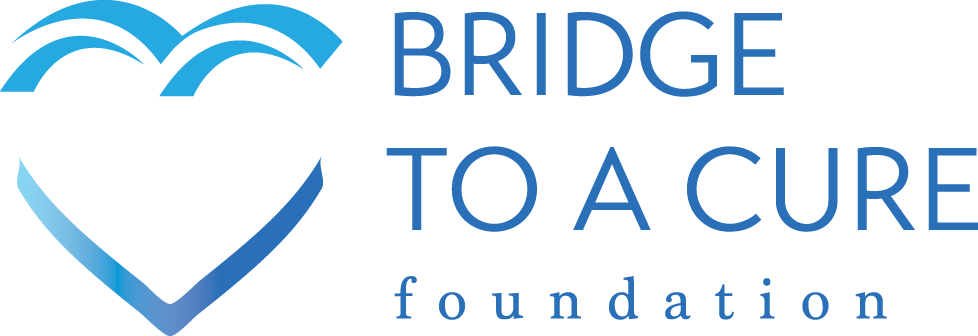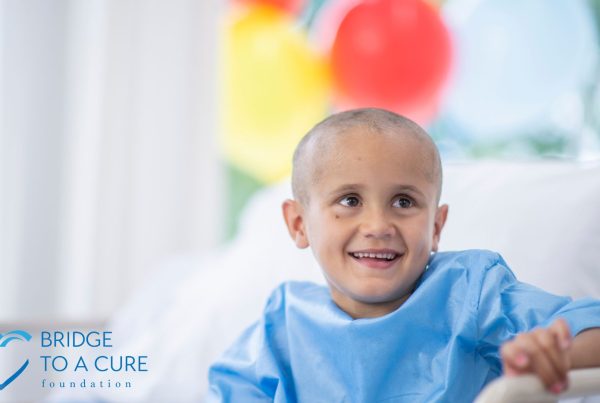As recession, debt, and declines in charitable giving jeopardize funding, we offer a new model to beat childhood cancer.
With the pandemic and recession reaping ongoing economic turmoil, organizations leading the fight against childhood cancer face funding shortfalls that threaten to set back efforts to find cures and effective treatments.
Even before the pandemic and recession, pediatric cancer was underfunded, despite the fact that cancer is the number one cause of death by disease among children. Only 4% of the billions of dollars the government spends annually on cancer research goes toward childhood cancer. Reasons funding for pediatric cancer research lags spending on adult cancers include:
- Childhood cancers are relatively rare compared to adult cancers, yet each year an estimated 15,780 American kids are diagnosed with cancer and another 1,800 die.
- Priorities for government funding and pharmaceutical investing are determined by the biggest bang for the buck, period. Children (ages 0-19) represent only 1% of new cases each year, or 4% if based on the life-years potentially saved.
- Childhood cancer does not get the same level of publicity as adult cancers, such as the pink ribbons that adorn so many products during Breast Cancer Awareness Month. Did you know, for instance, that September is Childhood Cancer Awareness Month?
At Bridge To A Cure Foundation we are committed to revolutionizing how we fight childhood cancer, through building a comprehensive pediatric cancer database, boosting collaboration, and promoting our Millennial Organization model to increase investment in finding cures. But like so many charitable organizations, we face a funding crunch due to the pandemic and recession. The overall economic outlook is not reassuring.
Spending on the pandemic and other government programs is expected to result in a $7 trillion unbudgeted hit to the national debt, economists and wealth managers from top investment firms predict.[1] That includes $4 trillion in government spending to respond directly to the pandemic, more than $2 trillion in infrastructure spending, and declines in tax revenues of at least $500 billion.
The national debt is expect to rise to $32 trillion by the end of this year — 150 percent of GDP and almost twice what has historically been deemed “financially unstable.” Stabilizing our economy and reducing debt levels will be priorities for the next five years, if not longer. This is expected to result in significant tax increases on the wealthy and corporations.
As a result, the revenue that cancer foundations and research institutions have depended upon will decline sharply. Foundations are already reporting dramatic declines in giving. For instance:
- The American Cancer Society expects a $200 million shortfall due to pandemic, a funding gap that has forced it to cut an estimated 1,000 positions across the US.
- Economic damage from the pandemic is causing people to forgo donations and could devastate charities more than the Great Recession did, Michael J. Nathanson, former chairman of the National Brain Tumor Society, Cure GBM, and Pediatric Cancer Cure, predicts in a recent op-ed.
- Medical charities that have relied on in-person fundraising events have been hit hard by cancellations, with some having to take out loans through the government’s Paycheck Protection Program to stay afloat.
- The global health emergency has shut down scientific research labs across the country, leaving some scientists scrambling to save their work. It has also disrupted clinical trials and fundamentally altered “essential” cancer treatments. While some labs have started to reopen, the long-term effects on research are unknown.
- The pandemic has been “devastating to clinical trials,” delaying some and diverting funds earmarked for cancer R&D to COVID-related projects. About a quarter of the delayed trials involved cancer treatments, “interrupting the ability of patients to obtain treatment in clinical trials,” said Dr. Richard Schilsky, chief medical officer of the American Society of Clinical Oncology.
- The pandemic has created a nightmare scenario for children facing cancer and their families. Cancer patients who contract COVID-19 face a 16-fold increased mortality risk, according to a recent study.
The pandemic has diverted massive resources from the fight against cancer and is expected to continue to do so, researchers state in an editorial titled “The future of cancer research after COVID-19 pandemic: recession?”
“Many opportunities related to the development of new cancer drugs will be missed because of the redirection of funds for the study of SARS-CoV-2. In fact, a part of the governmental funds and resources of pharmaceutical companies that are dedicated to cancer therapies trials will be transferred to studies on COVID-19 detection, testing, treatment and vaccines.”
Dr. Ned Sharpless, director of the National Cancer Institute, predicts the pandemic could reverse the US streak in improved cancer mortality that’s lasted more than 25 years.
All of these factors will disproportionately affect prospects for funding research into curing childhood cancers, given the tiny fraction of total cancer funding that goes to pediatric cancer research.
Given the outlook for the economy, the pandemic, and research, foundations and charities devoted to fighting cancer, and pediatric cancer in particular, are bracing for dramatic declines in giving. The result will be cutbacks in existing research projects and lack of funding for potential breakthroughs. Worse, the hopes of cancer victims who have put their faith in science will be shattered.
From crisis and adversity often springs opportunity through new and better ideas. The model for Childhood Cancer Research advocated by the Bridge to a Cure Foundation does just that. In three years we have laid the groundwork to:
- Build a National Pediatric Cancer Database to allow researchers to access to all available information on the diseases, drugs and treatments, and to identify patterns that will help them prevent, diagnose, treat, and ultimately cure cancer.
- Boost Collaboration and Rethink Reward Systems to remove barriers to pediatric cancer research, including rewarding partnerships among teams, disciplines, and even companies and institutions by making teamwork a criteria for awarding grants.
- Tap Artificial Intelligence and Machine Learning to find new ways to attack disease and overcome barriers posed by the existing patchwork of data.
- Boost Investment to Find Cures for Childhood Cancer through our Millennial Organization, a new model for valuing companies based on their contributions to improving the human condition. Our goal is to encourage pharmaceutical and other corporations to invest in pediatric cancer initiatives previously considered unjustifiable. We are working to identify top business, medical and academic institutions to lead this initiative.
We’ve come too far to let the pandemic and its economic turmoil derail our efforts to beat the scourge of childhood cancer. With so many worthwhile organizations working to address humanitarian needs during the crisis, we ask you to consider Bridge To A Cure Foundation in your giving to help us keep hope alive for children and their families facing the darkest diagnoses. Learn how you can support our work at bridgetoacure.org/support, and thank you!
[1] Based on research and interviews with a UBS Economist, Strategist Wealth Management executive, and other wealth managers from other investment firms.






